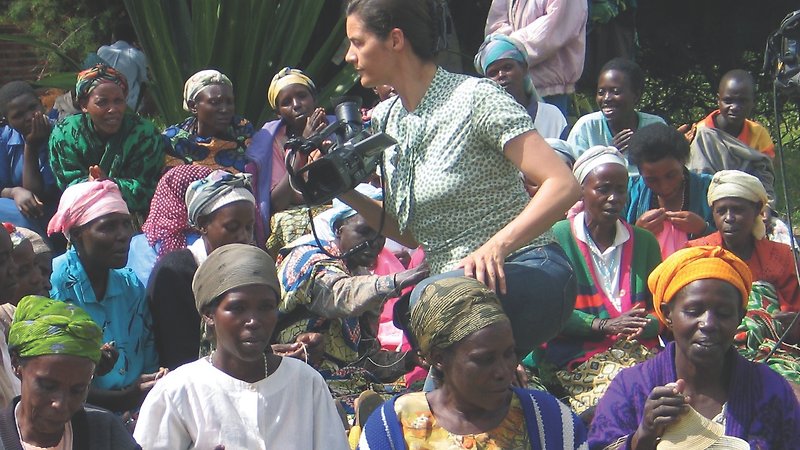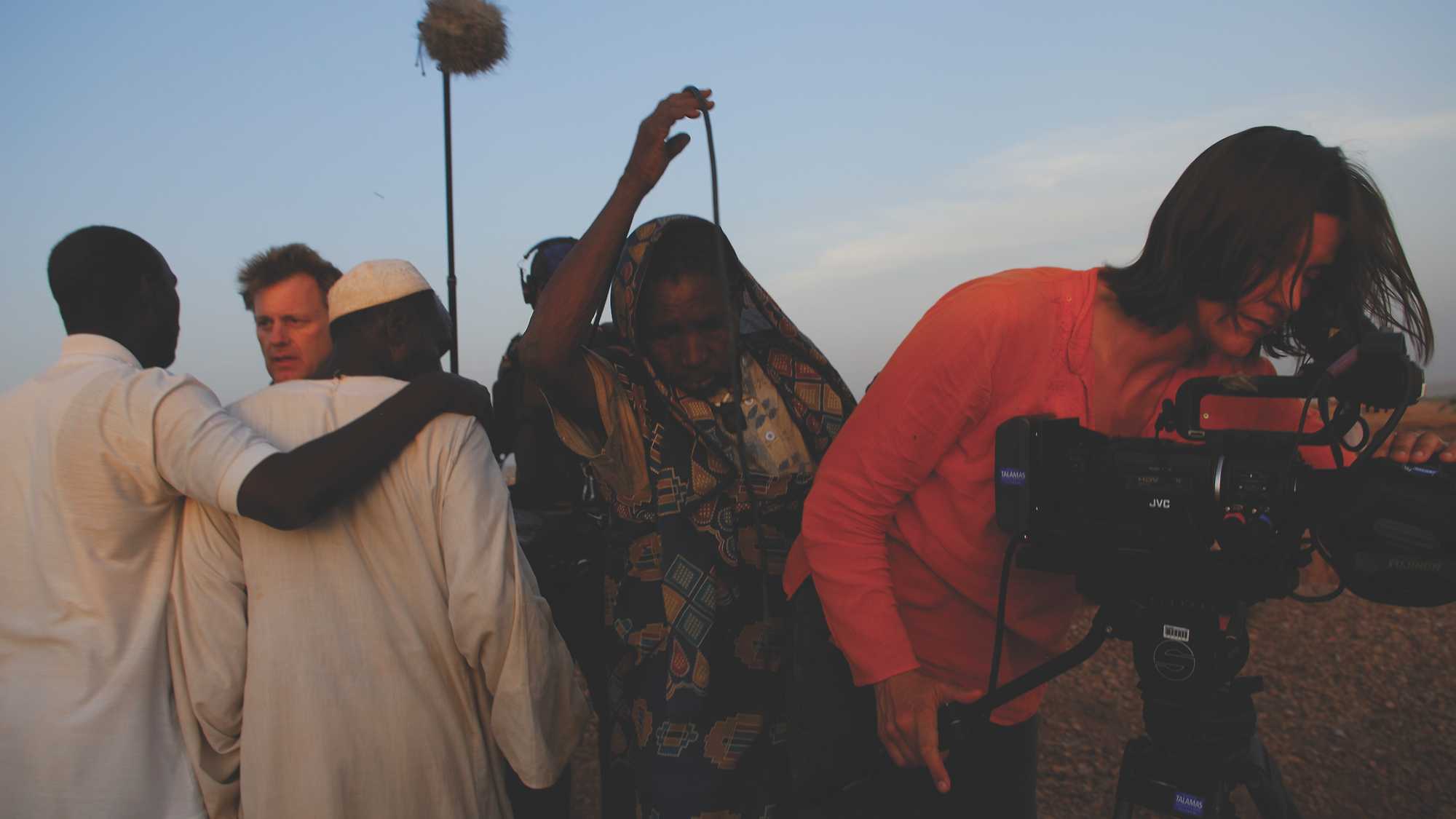Cinematographer Kirsten Johnson assembles excerpts and offcuts from her remarkable career (to date) to evoke an assortment of uneasily resolved questions about ethics and compassion in documentary film.


In revealing the artifice behind nonfiction filmmaking, it both interrogates the form and gives you renewed respect for those who work in it.
Screened as part of NZIFF 2016
Cameraperson 2016
Kirsten Johnson is a cinematographer who’s worked on some of the most notable documentaries of the past 20 years: Fahrenheit 9/11, The Two Towns of Jasper, Very Semi-Serious, Citizenfour and many more. Drawing on footage she’s shot for countless other directors, she’s assembled in Cameraperson a unique memoir of the images she says have most marked her. Her selection of personal encounters in some of the world’s most sorely troubled locations may initially seem random – until the absence of narrative purpose draws us into another level of enquiry about what we are witnessing and how it is marked by the cameraperson.
Johnson’s inclusion of her own home movie footage makes us intensely aware that the eye that watches as ostensibly untended children in Bosnia play with an axe is the same eye that falls on her own darling twins. By the time we see several scenarios fully played out, the invisible cameraperson feels like someone we’re beginning to know. It may not be possible to watch this fascinating, beautifully layered film without thinking hard about the power and the limitations of the camera – or the documentary medium itself – as an instrument of compassion.
“Johnson is well aware of the complexities that arise from observing the world from behind a camera – and it’s not a position she takes lightly… From shooting Muslim Bosnian rape survivors, to refugees in South Sudan, to a young woman conflicted about her abortion, Johnson considers how to use her tool to express others rather than exploit.” — Rooney Hassan, Cléo